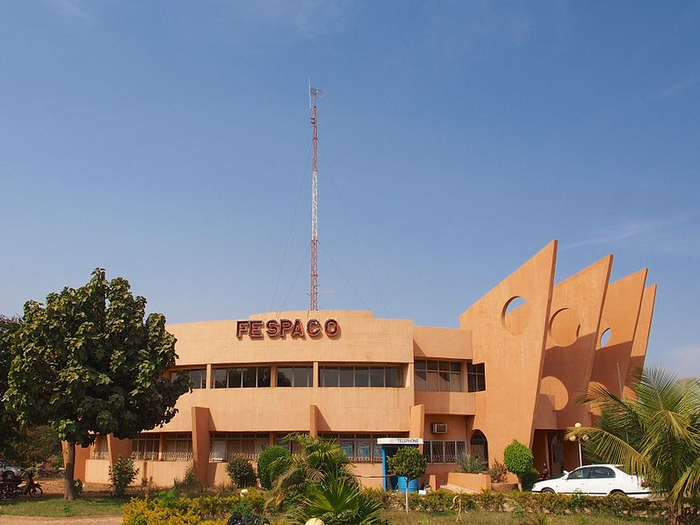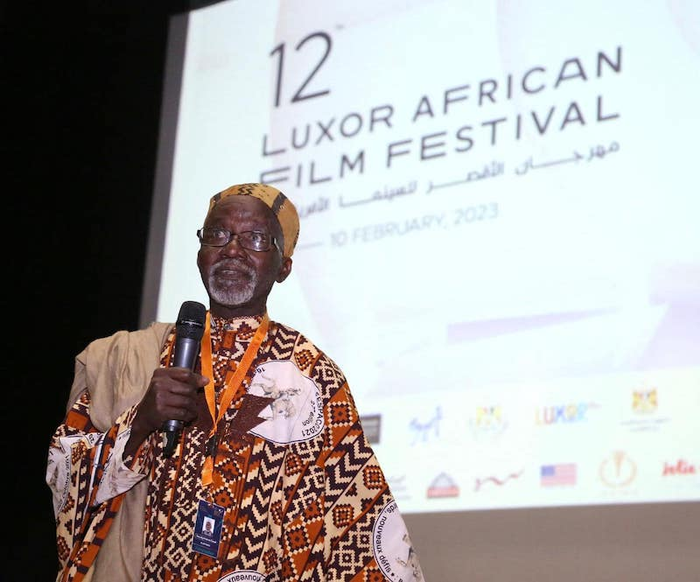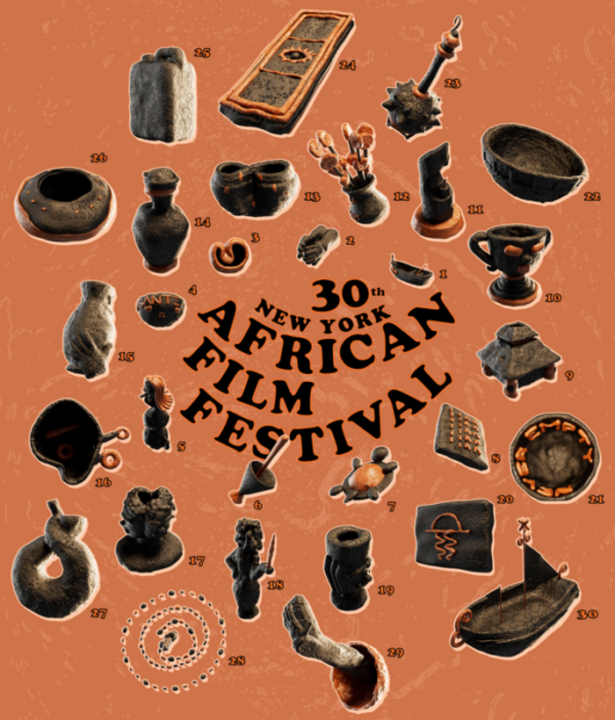Photo by Kilyan Sockalingum on Unsplash
African cinema, a tapestry of cultures, narratives, and artistic expressions, has long been an underrepresented gem in the global cinematic landscape. Rooted in the history, traditions, and diverse voices of a continent often overlooked in cinema, African films have unique stories to tell. Yet, for many years, these voices struggled to be heard internationally.
That is until film festivals emerged as powerful platforms, becoming the stage upon which African cinema began to shine. To grasp the significance of film festivals in the African cinematic landscape, we must first take a step back and trace the evolution of African filmmaking. It is a journey through the struggles, aspirations, and triumphs of African filmmakers who, against all odds, have succeeded in crafting their narratives.
The influence of colonialism, the enduring echoes of post-colonial realities, and the resilience of African cultures are prominent themes in African cinema. Filmmakers, driven to reclaim their narratives and share their experiences with the world, have given birth to a unique and powerful voice in world cinema. Yet, this journey was fraught with challenges, ranging from limited resources and funding to the ever-elusive dream of international distribution.
This is where film festivals come into play, acting as a beacon of hope for African filmmakers. They offer a platform that celebrates their artistry and serves as a crucial bridge connecting the African film industry to a global audience. Film festivals give African films the exposure and recognition they deserve while facilitating vital networking opportunities, promoting cultural exchange, and inspiring the next generation of filmmakers.
Many film festivals focus on African cinema on the continent and abroad. Some of the most notable include:

Image: FESPACO headquarters in Ouagadougou. Source: Wikimedia Commons
- Pan African Film and Television Festival of Ouagadougou (FESPACO): FESPACO is Africa’s largest and most prestigious film festival, held every two years in Ouagadougou, Burkina Faso. It showcases films from all over the continent, and its awards are highly coveted by African filmmakers.

Image: Opening ceremony, Carthage Film Festival 2018. Source: Wikimedia Commons
- Carthage Film Festival (JCC): The Carthage Film Festival is the oldest in Africa, held annually in Tunis, Tunisia. It is a competitive festival that screens feature films, short films, and documentaries from Africa and the Arab world.

Image: Luxor African Film Festival. Source: Facebook | Luxor African Film Festival
- Luxor African Film Festival (LAFF): The Luxor African Film Festival is a non-competitive festival that showcases the best of African cinema, both new and classic. It is held annually in Luxor, Egypt, and is known for its beautiful setting and warm hospitality.

Image: Attendees at Durban International Film Festival 2023. Source: Durban International Film Festival Official Website
- Durban International Film Festival (DIFF): The Durban International Film Festival is one of Africa’s largest and most diverse film festivals. It is from all over the world, focusing on African cinema. The DIFF is also known for its strong commitment to social justice and support for emerging filmmakers.

Image: Promotional graphic for African Film Festival New York in 2023. Source: African Film Festival New York Official Website
- African Film Festival New York (AFFNY): The African Film Festival New York is the largest film festival in the United States devoted to African cinema. It screens films from all over the continent, and its awards are highly regarded by the African film industry.
In addition to these major festivals, many smaller film festivals focus on African cinema. These festivals can be found in cities worldwide, and they play an essential role in promoting African cinema and supporting African filmmakers.
What do film festivals do for African cinema?
Film festivals play several vital roles in African cinema. First, they provide a platform for filmmakers to showcase their work to a broader audience. Many African films have difficulty finding distribution outside their home countries, so film festivals offer a vital opportunity for filmmakers to reach a global audience.
Second, film festivals help to raise awareness of African cinema and its importance. By showcasing the best of African cinema, film festivals help to challenge the stereotype that African cinema is all about poverty and war. Instead, film festivals show that African cinema is diverse and vibrant and has something to offer everyone.
Third, film festivals provide a networking opportunity for African filmmakers and industry professionals. Filmmakers can meet with potential distributors, producers, and investors at film festivals. They can also learn from other filmmakers and share their own experiences.
Finally, film festivals can help to support the development of the African film industry. By providing a platform for African films and by supporting African filmmakers, film festivals can help to create a more sustainable African film industry.
Challenges and Opportunities
While African cinema has made significant strides, it still faces various challenges. Some of these challenges include:
Funding
Many African filmmakers struggle to secure funding for their projects. Government support, private investment, and co-productions with international partners are avenues to explore.
Distribution
Getting African films into theaters and streaming platforms worldwide remains a challenge. More partnerships with international distributors are needed.
Infrastructure
Limited access to state-of-the-art filmmaking equipment and facilities hinders the production of high-quality films. Investment in infrastructure is crucial.
Piracy
Piracy remains a significant threat to African filmmakers. Improved copyright protection and legal measures are necessary to address this issue.
However, there are also tremendous opportunities for growth in African cinema:
Digital Revolution
The advent of digital technology has made filmmaking more accessible and affordable. Many African filmmakers are now using digital tools to tell their stories.
International Collaboration
Co-productions with international studios and filmmakers can provide African cinema funding, exposure, and expertise.
Emerging Talent
The African film industry is witnessing a surge of young, talented filmmakers pushing boundaries and creating innovative content.
Conclusion
African cinema is a vibrant and vital part of global filmmaking, offering unique stories and perspectives that deserve attention and recognition. Film festivals have played a pivotal role in nurturing African cinema, providing exposure, networking opportunities, and a platform for emerging talent. As the industry evolves, challenges and opportunities will shape its future. By addressing funding, distribution, infrastructure, and piracy challenges and embracing the digital revolution and international collaborations, African cinema is poised for a bright future. The world is ready to embrace African cinema’s rich and diverse narratives. Film festivals will continue to be the spotlight that brings these stories to a global audience.

Anand Subramanian is a freelance photographer and content writer based out of Tamil Nadu, India. Having a background in Engineering always made him curious about life on the other side of the spectrum. He leapt forward towards the Photography life and never looked back. Specializing in Documentary and Portrait photography gave him an up-close and personal view into the complexities of human beings and those experiences helped him branch out from visual to words. Today he is mentoring passionate photographers and writing about the different dimensions of the art world.





